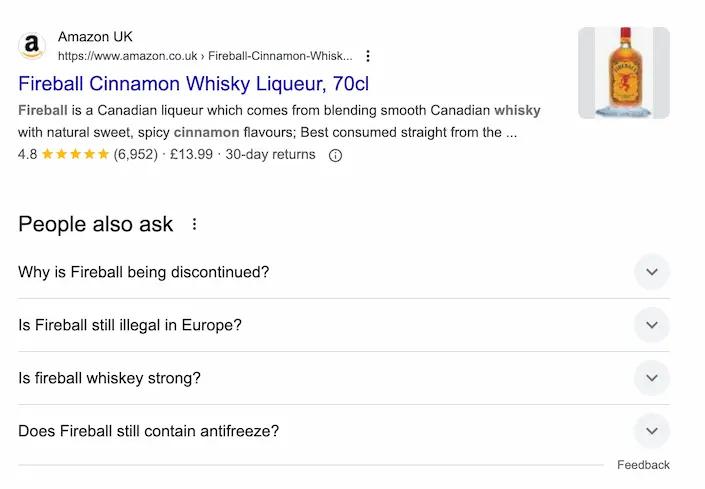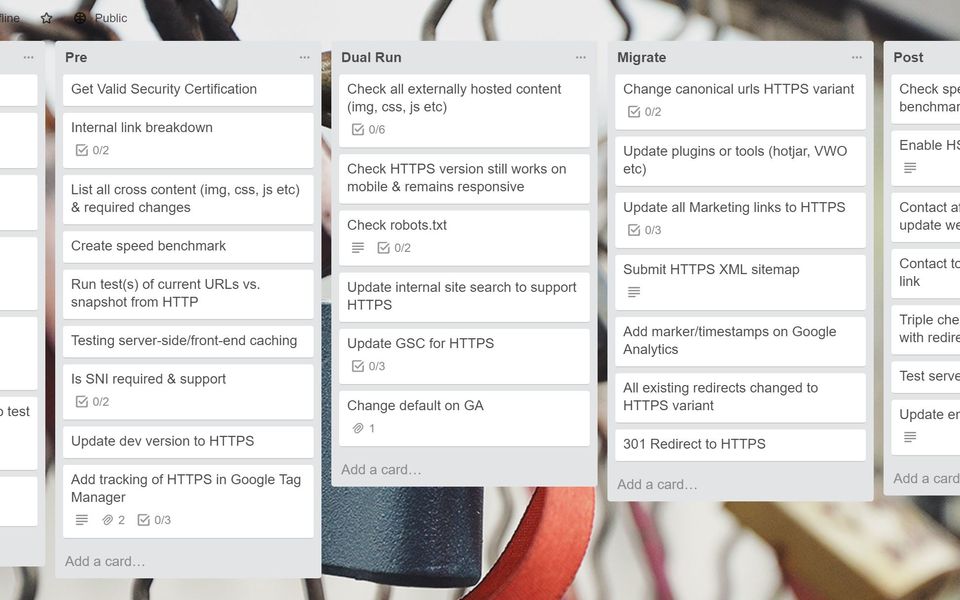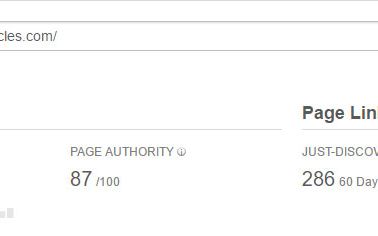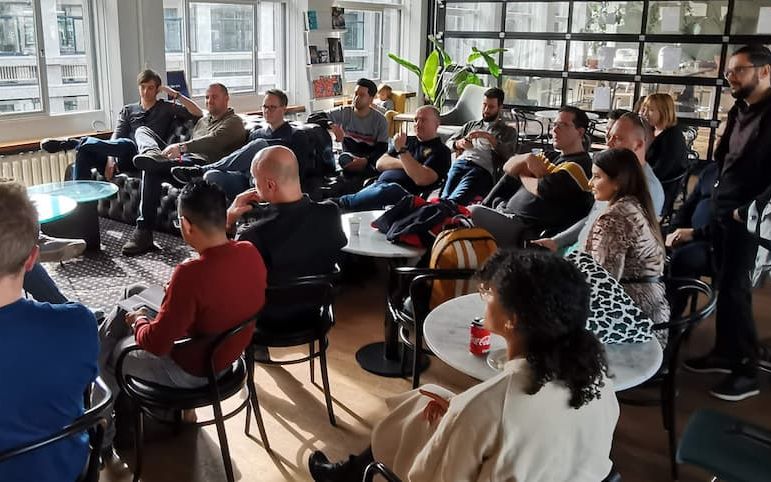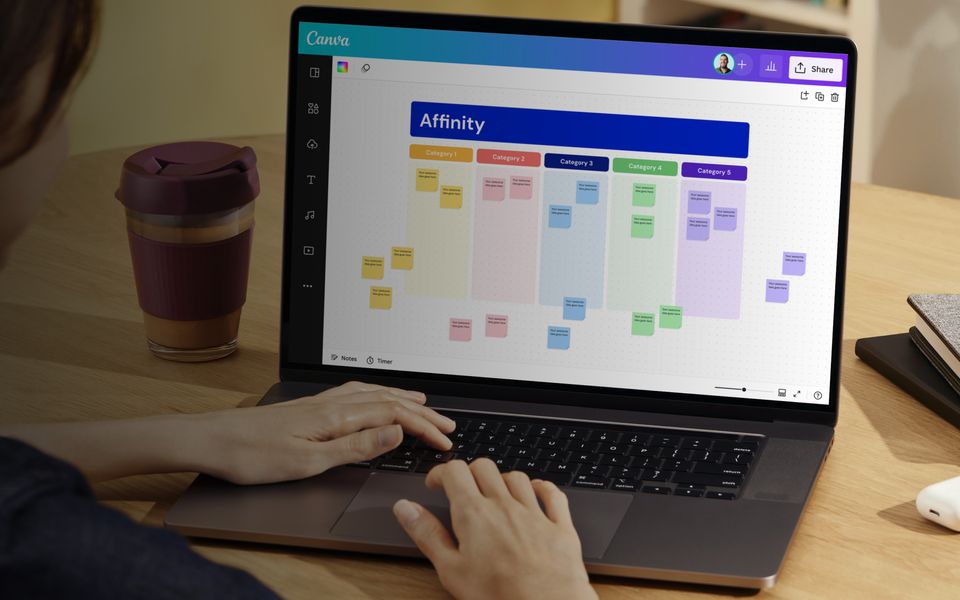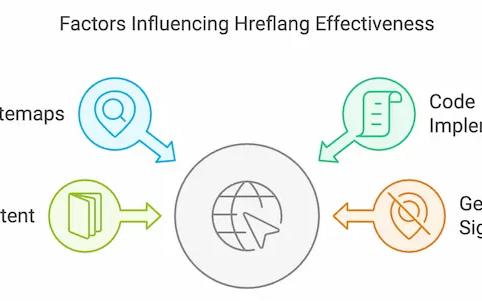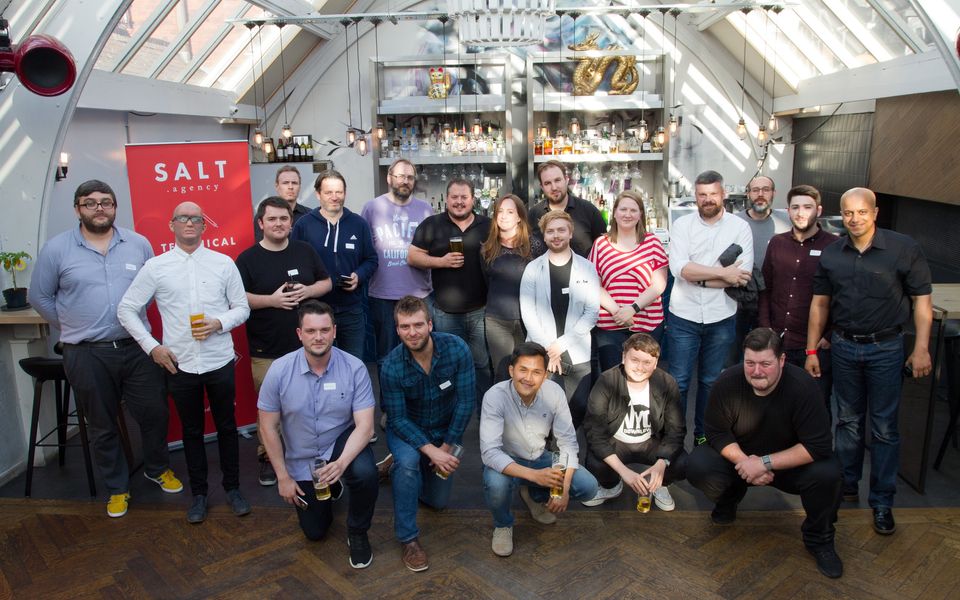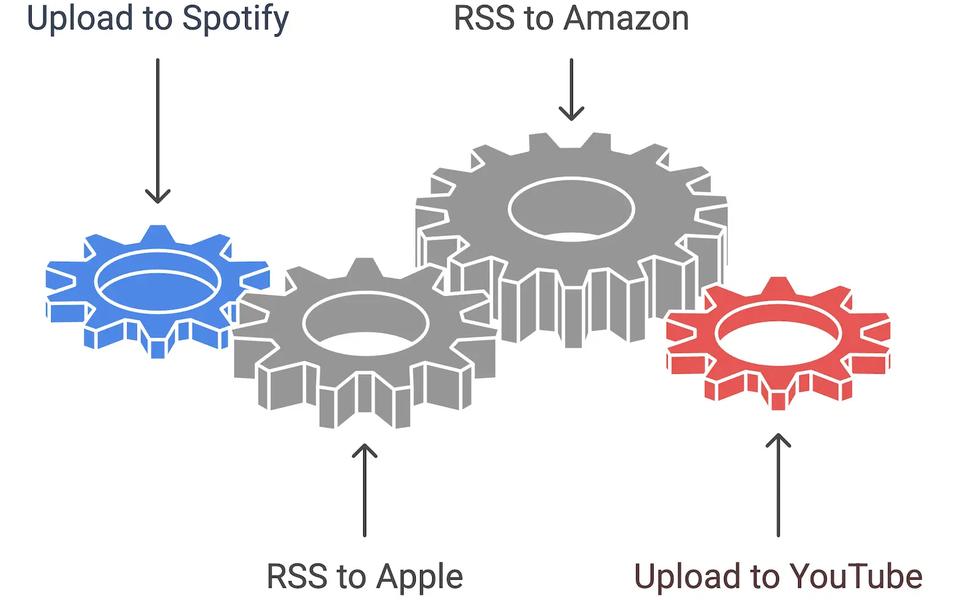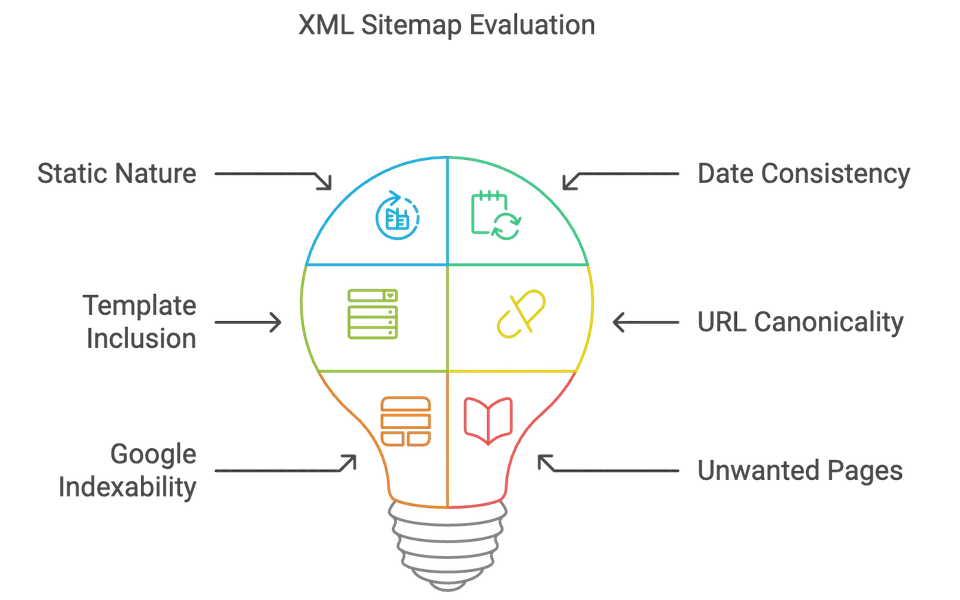In the ever-changing landscape of digital marketing, brand Search Engine Results Pages (SERPs) have become a critical focus for organizations aiming to maintain a strong online presence. As search engines continue to diversify their results, optimizing for brand-related queries has evolved from a secondary concern to a core component of effective SEO strategies.
The Transformation of Brand SERPs
Gone are the days of simple "10 blue links" search results. Today's brand SERPs are dynamic and multifaceted, often featuring:
- News articles
- Social media profiles
- Videos from YouTube and TikTok (especially on mobile)
- Knowledge Panels
- Popular review sites including product, service and employee working (like Glassdoor)
- App store results (if you have a Android / iPhone app)
- Local (GBP (formerly GMB)
This diversity presents both challenges and opportunities for brands to control their online narrative and user experience.
Mobile SERP are also often quite different to desktop, so both need to be checked.
Key Strategies for Brand SERP Optimization
1. Core SEO Fundamentals
- Optimize essential elements: Refine title tags, meta descriptions, and canonical tags to accurately represent your brand and target relevant keywords.
- Implement schema markup: Utilize comprehensive schema to help search engines better understand your content, potentially leading to rich snippets in search results. Best article on homepage Schema is here by Daniel K Cheung
2. Social Media Optimization
- Maintain active profiles: Regularly update accounts on platforms like YouTube, TikTok, Instagram, X (formerly Twitter), Pinterest, and Facebook.
- Optimize social metadata: Pay special attention to Open Graph tags to control how your content appears when shared on social platforms.
3. Content Strategy
- Address "People Also Asked" queries: Create content that answers common questions related to your brand.
- Manage news and PR: Monitor and optimize for news-related queries, proactively addressing any negative coverage.
4. Review Management
- Monitor major review sites: Aim for ratings above 4.5 stars and implement strategies to encourage positive reviews.
5. Local and International SEO
- Optimize Google Business Profile: Essential for local search visibility.
- Implement hreflang tags: Crucial for brands with an international presence to ensure the correct language/regional version is shown to users.
6. App Store Optimization
- Ensure your app's title and description are optimised
- Ensure reviews positively impact brand impressions, as these can directly influence both click-through rates and conversions.
Brand Variants and Modifiers
Pay close attention to brand variants and modifiers (e.g., "Adidas shoes," "Apple Watch"). These queries often have high conversion rates and require specific optimization strategies.
Monitoring and Control
Regularly monitor your brand SERPs and take control of elements you can influence:
- Track brand mentions and sentiment
- Optimize for brand + modifier queries
- Address negative search results or questions proactively
- Collaborate with influencers for positive video content on platforms like TikTok
Case Study: Fireball Whisky
An analysis of Fireball Whisky's online presence reveals several areas for improvement:
- Technical SEO issues: Conflicting canonicals and inadequate metadata on the main website.
- Inconsistent international presence: The UK version of the site lacks visibility.
- Outdated social profiles: Some accounts haven't been updated in years, potentially harming brand perception.
- Negative brand associations: SERPs include queries about bans, discontinuation, and questionable ingredients.
By addressing these concerns through targeted content strategies and technical optimizations, Fireball Whisky could significantly enhance its brand SERP performance and overall online presence.

- The canonical tag points to - https://www.fireballwhisky.com/content/fireball/us/en.html which is uncrawlable, even by Google
- No organisational schema present
- No OG schema
Case Study: Greggs
The UK’s Greggs Bakery took a hit in 2014 when its logo was hi-jacked via Google’s knowledge graph, causing a short-lived PR nightmare for the brand. Anyone searching “Greggs” on Google UK would have seen a knowledge graph box that included what appeared to be the brand’s logo, but with the accompanying fake slogan “Providing sh*t to scum for 70 years.”

Case Study: Starling
Whilst Starling is hugely popular, brand SERPs show reviews for them in the knowledge panel at 3.4 this is low enough to impact the conversion rate for them, with reviews like this I would be likely to do an alternative search.

Case Study: Honey Browser Extension
The story about "Honey Browser Extension" has just gone viral as they aren't acting well in the best interests of users and overriding affiliates, but the news is outranking the website. It is a shocking story and worth listening to

Fun things from my time at Just Eat
- Just Eat was finding that the French logo was in the UK search results - although not a significant issue it was something that required fixing, especially as it was an alternative (alloresto) brand at the time. If you Google HSBC now you will see the Facebook link points to HSBC Argentina.
- Just Eats knowledge panel was also linking to the wrong Instagram account, which despite JSON LD Schema and multiple attempts to edit Google seemed unwilling to fix it, we eventually had to escalate it with other channels.
- At one point 'adult' images were being pushed into takeaways by disgruntled users, again Google were slow to react.
The Impact of AI on Brand SERPs
While generative AI hasn't yet appeared above search results for pure brand terms, it's beginning to show up for brand modifiers. For example, queries like "Catch an Uber in London" may trigger AI-generated responses, highlighting the need for brands to stay ahead of this emerging trend.
Experts Opinions

"I feel SEO has entered its “3rd generation”, where our current skillset and approach is required to adapt to the changing technology that is retrieving information in a number of ways.
This is the first time in many years that a true disruption is happening, but it’s happening in multiple facets. It’s a good thing that brand marketing is becoming more essential as it minimises the requirement for some to pursue grey/black hat techniques to stay ahead, but it also requires more resources to ensure that all 7 of the SERP features you listed are maintained as well as optimised." Alex Moss - Principle SEO Consultant at Yoast
Gerrys final thoughts
As SERPs become increasingly diverse and dynamic, brands must prioritize brand search optimization as a core component of their SEO strategy. By taking control of various SERP elements and consistently monitoring brand-related queries, organizations can enhance their online visibility, reputation, and ultimately, their bottom line. The ability to adapt to these changes and maintain a strong brand presence in search results will be crucial for success in the digital marketplace.
Monitoring your SERPs for these key issues is a challenge - there are no tools that appear to be comprehensive -
- AlsoAsked allows you to bulk analyse the People Also Asked
- Sistrix allows you to monitor brand variants at scale.
- MobileMoxie allows visual records and analyis

